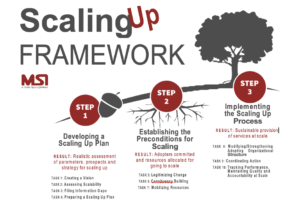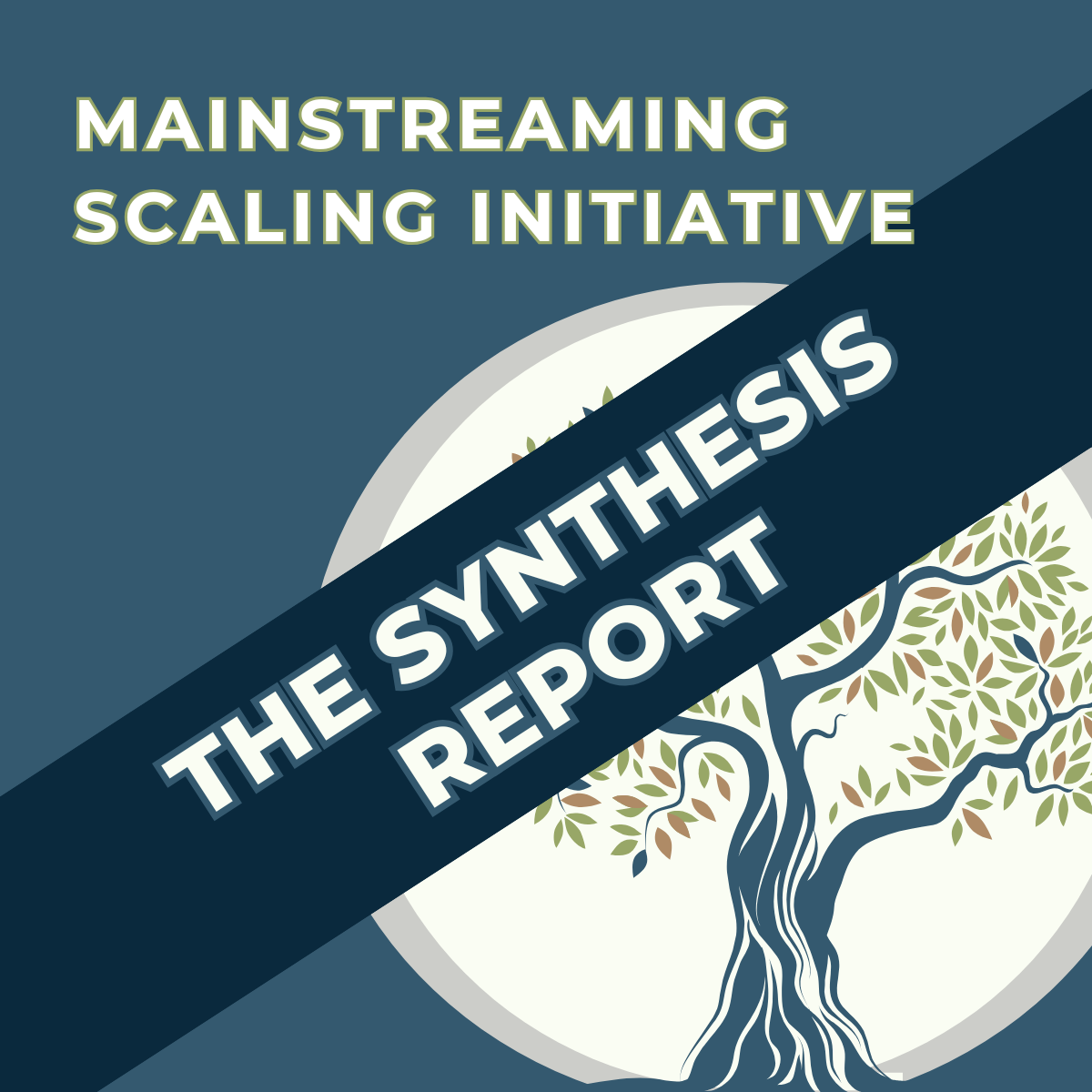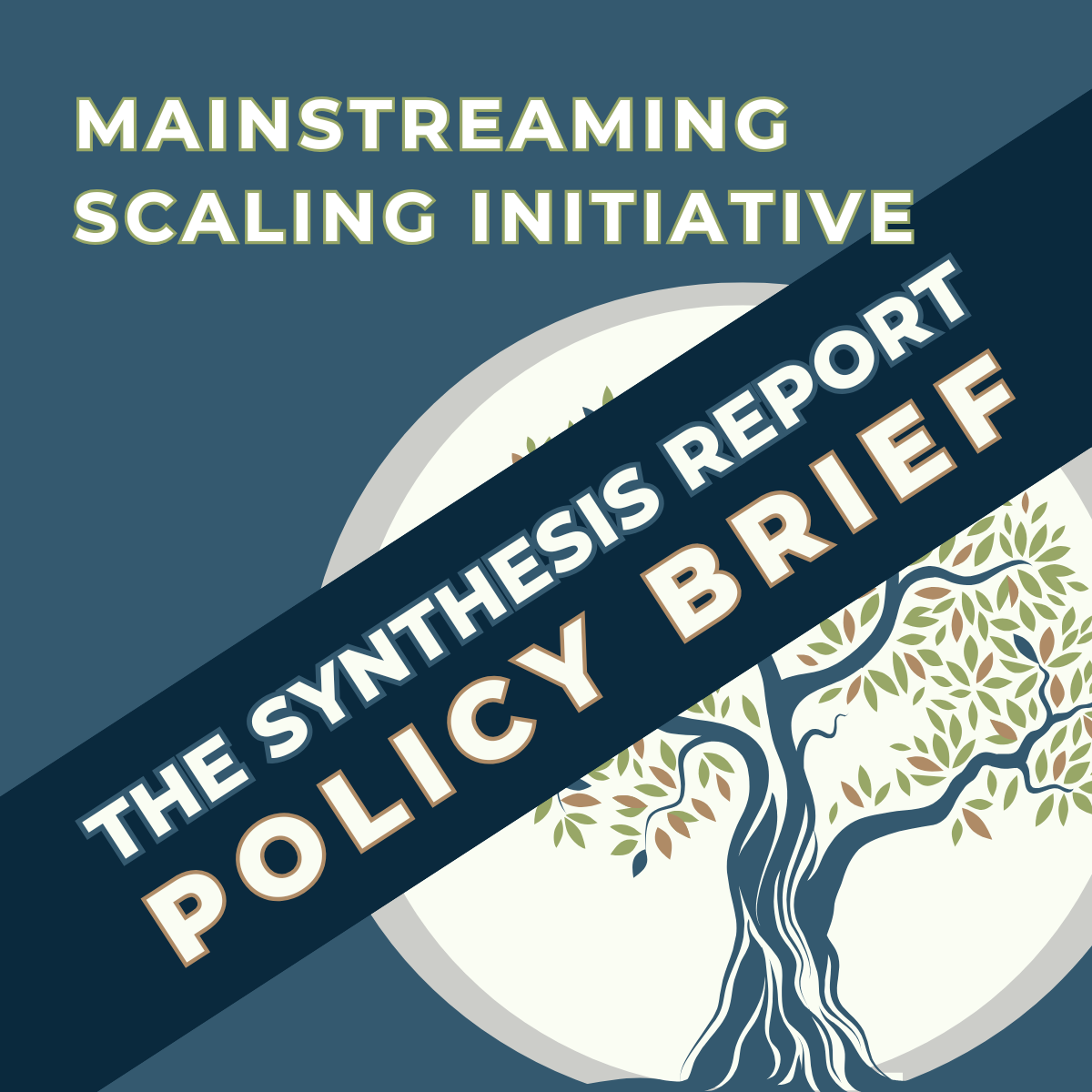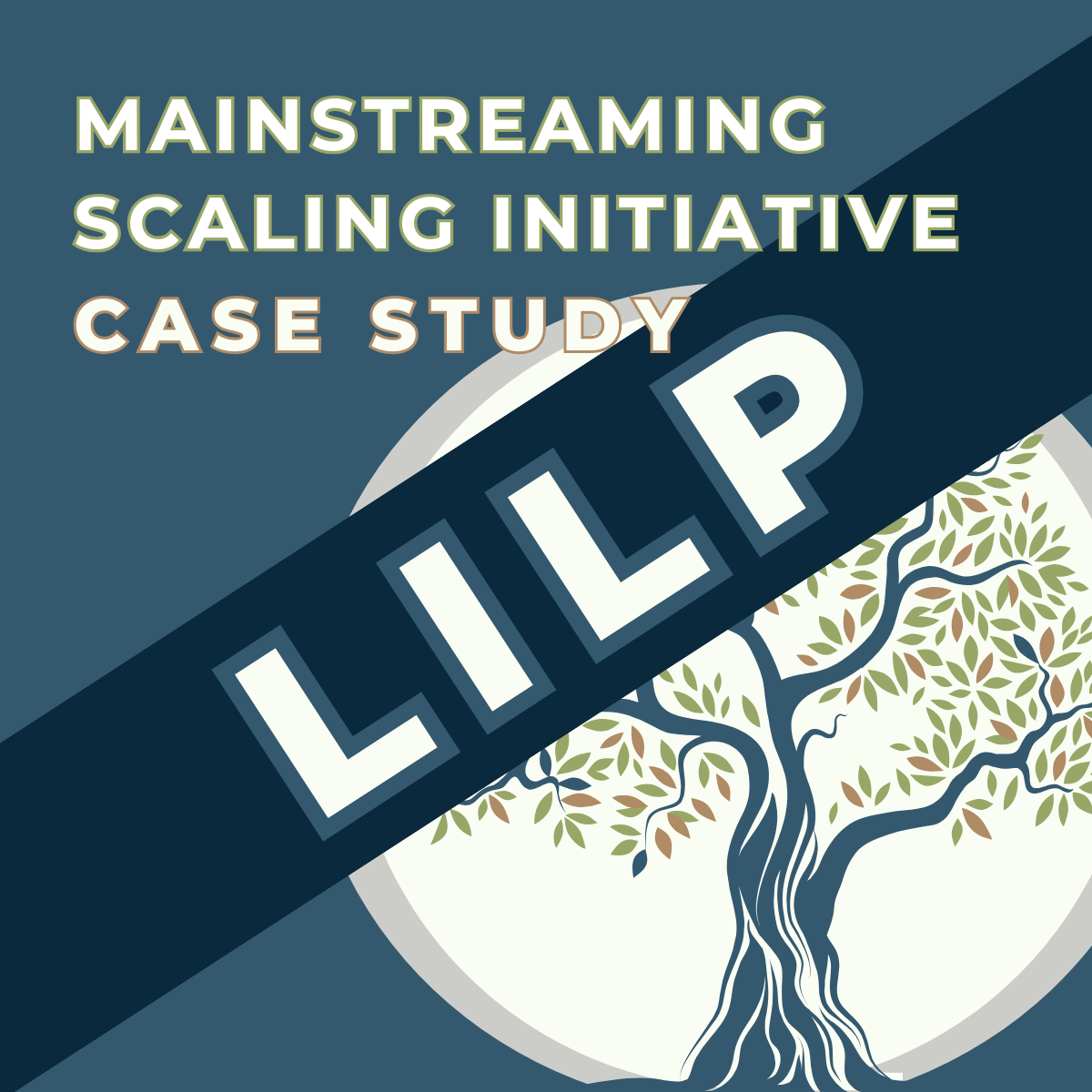By Larry Cooley and Jonathan Papoulidis
By 2030, an estimated 80% of the world’s extreme poor will live in “fragile states” where global conflict is increasingly concentrated and vulnerability to natural disaster and climate change is on the rise. Actions to achieve the Sustainable Development Goals (SDGs) in these volatile contexts cannot simply focus on mobilizing resources to sustainably meet basic needs and drive down poverty. Instead, the focus must be on a triple bottom line: mobilize resources, manage risks and address the root causes of fragility. Scaling approaches are instrumental to meeting this triple bot- tom line because they help address four major challenges in fragile contexts: compromised development pathways through governments and markets, under- lying grievances in most service delivery operations, higher contextual risks and crisis, and greater dependence on external resources and piecemeal, one-off aid assistance.
We argue that scaling helps overcome piecemeal aid and compromised development pathways by providing an often missing “organizing framework” for mobilizing and blending diverse partner resources, solving collective action problems and gaining popular support and political authorization. MSI’s is among the most widely disseminated and systematic scaling frameworks (see graphic).

In especially fragile contexts, we find that scaling “ecosystems” are invaluable for meeting development outcomes. These ecosystems are the product of hybrid platforms for scaling which blend the capacities and resources of formal and informal institutions, as well as international partners. Afghanistan’s basic package for health services and the “wave-sequence” approach pioneered by USAID and partners in Uganda, Gaza, Russia and Afghanistan show what scaling “ecosystems” can accomplish in difficult contexts.
Scaling offers a special inroad into better dealing with risks of complex crises and addressing root causes from broken social contracts, weak institutions and societal divisions. It can do this by leveraging its organizing framework and the creation of scaling ecosystems to strengthen “social capital”. Social capital builds self-help systems and relationships within communities (bonding), pools capacities and mends divisions across communities (bridging) and raises cooperation, dialogue, legitimacy and accountability between communities and formal institutions (linking). Critically, social capital only works fully when bonding, bridging and linking activities are done together, in other words, at scale. It can cause harm if pursued separately—such a “linking” activities which strengthen clientism and hinder inclusive development and dialogue within and across communities.
Scaling is not a panacea for fixing fragile states, but working at scale and through a social capital lens offers new routes for organizing and aligning resources, capacities and partners to reach millions of people through development, and in the process change underlying social and political narratives, relationships and perceptions of favoritism, resource distribution and existing norms and networks.
Unlike direct political efforts to reach settlements between conflicting parties, scaling-up efforts offer a complementary development pathway to large-scale cooperation, confidence-building and incentives linked to the provision of tangible goods and services for all parties.
Those coordinating these processes must constantly manage to the triple bottom lines of risks, root causes and resource provision, and they must crowd in various disciplines to help. These include the sector specialists in basic services and economic development, as well as experts in humanitarian response, peace-building, conflict resolution, political economy, resilience and disaster-risk reduction.
Although donor policies are hard to change, hybrid platforms for scaling can create strong pull factors for donors to join larger networks of in-country partners to pool funds, align priorities and deliver results. While the challenges are extremely high, so are the stakes. We must find ways to tip the scales in favor of hundreds of millions of the most vulnerable people in the hardest places.


